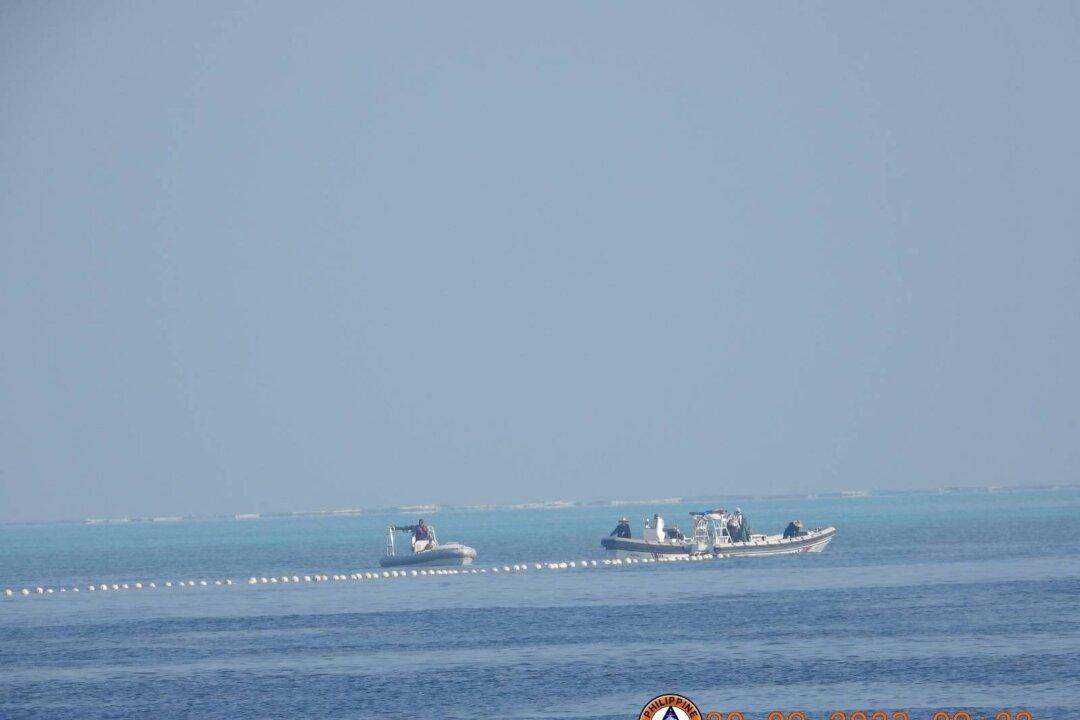Commentary
The Philippines rolled back China on Sept. 25. The People’s Liberation Army (PLA) had set up a new floating barrier across Scarborough Shoal, a rich fishing ground for Philippine villagers.

The Philippines rolled back China on Sept. 25. The People’s Liberation Army (PLA) had set up a new floating barrier across Scarborough Shoal, a rich fishing ground for Philippine villagers.